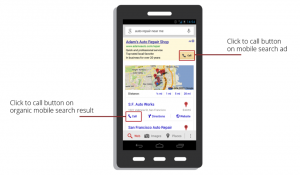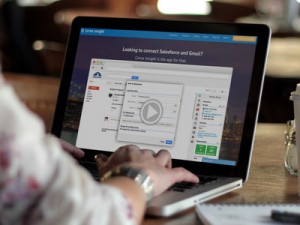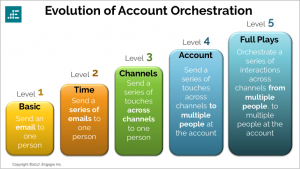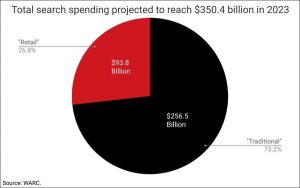There is no doubt about it, email marketing continues to be a valuable strategy for small business owners, and you can get more “bang for your buck” when you employ effective copywriting. Effective copywriting is more formula and science than it is art. That’s good news. It means that even if you don’t know very much about human psychology, you can simply plug-in tried and true formulas for boosting the success of your email marketing as a small business owner. The Motivating Sequence is one such proven formula.
Email Marketing Tips for Small Business – The Motivating Sequence
What is The Motivating Sequence
Alan H Munroe was a popular Purdue college professor in the 1930s. He realized that although one audience may differ greatly from another, people are people. Whatever speech or presentation they are listening to can be structured in such a way that it automatically improves the ability of the speaker to achieve the desired result.
This is because psychologically, human beings behave in a certain way when presented with very specific situations and stimuli. The Monroe Motivating Sequence he developed is as follows:
Step One – Get Attention
Create a need in your audience to listen to what you have to say.
Step Two – Establish the Need
Get your audience to see that there is some pressing problem that needs to be solved.
Step Three – Satisfy the Need
Provide the solution that satisfies the need.
Step Four – Envisage the Future
Get your audience to understand just how your solution will make their lives better.
Step Five – Inspire Action
Deliver a very clear and simple call to action that makes sense logically, supported by and falling in line with the previous 4 steps.
This process was originally developed by Prof. Monroe for speech writing and people giving presentations to large audiences. Somewhere down the line legendary copywriter Bob Bly got a hold of this powerful psychology-based idea.
He tweaked it slightly and found it was very effective for email marketing. Award-winning B2B copywriter Steve Slaunwhite uses this process as well. Just remember the acronym APSPA, which stands for:
- Attention
- Problem
- Solution
- Proof
- Action
In your emails, you want to grab your reader’s Attention with your subject line. Make a bold statement, ask a question, or appeal to your reader’s self-interest. Since emails are generally shorter pieces of copy, you then want to quickly and succinctly state a big Problem your reader is having. This should be delivered in the first few lines of your email body.
Now it is time to deliver your unique Solution. Point out how your answer to the reader’s problem is different than any other they may have tried before. Show Proof that your Solution actually solves the problem you mentioned (through testimonials, statistics, social proof, charts and figures, case studies, etc.). Finally, deliver a strong and focused demand for Action.
Don’t ask for some action, tell your reader what to do next. If you have done your job properly in the previous 4 steps of this motivating sequence, your call to action follows logically and is very hard to resist.
The APSPA version of the Monroe motivating sequence is incredibly powerful. Begin using it in your email marketing and the success of your campaigns can’t help but improve.
Business & Finance Articles on Business 2 Community
(50)
Report Post







